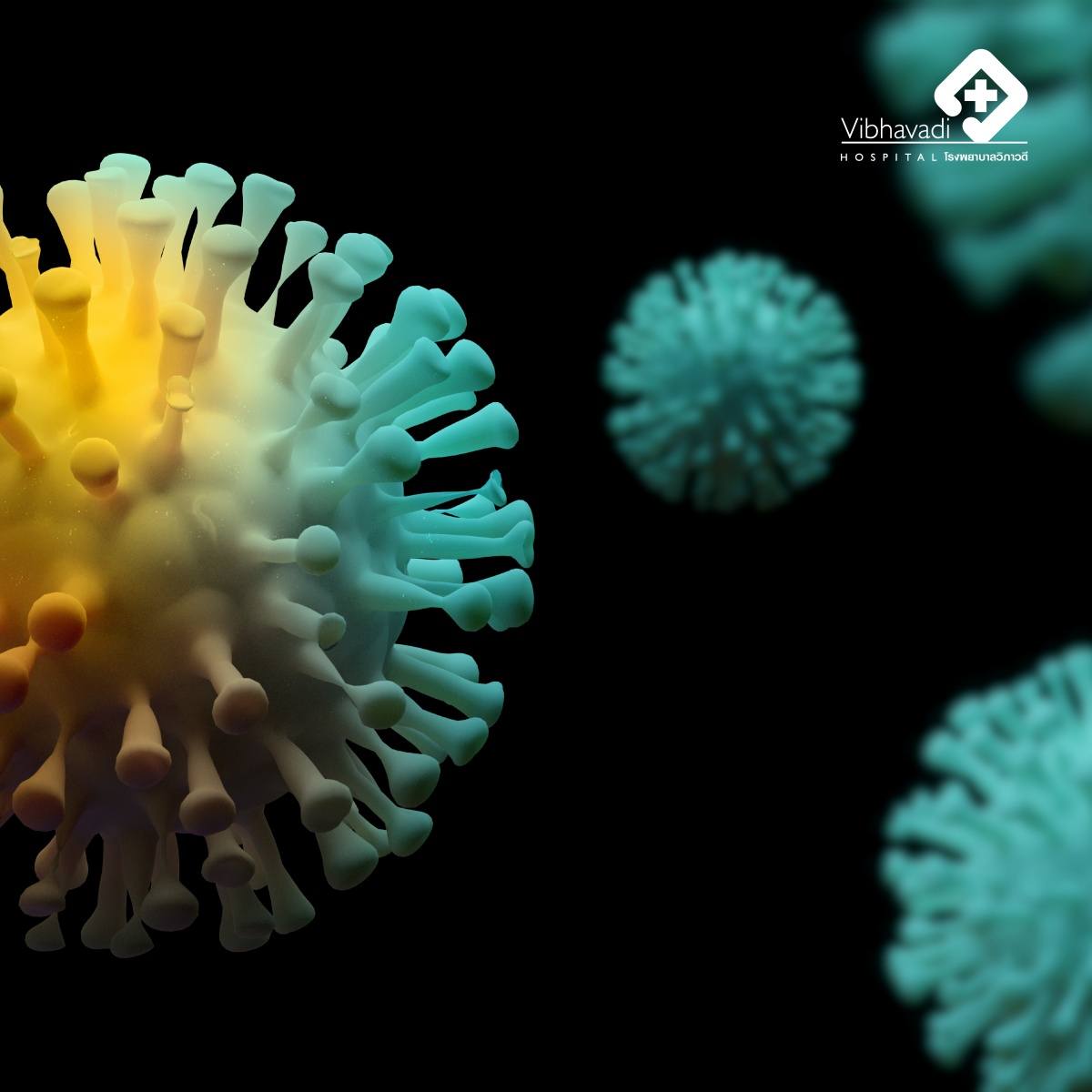How Well Do You Know Folic Acid?
How Well Do You Know Folic Acid?
Folic Acid
Folate, also known as folic acid, is a vital B vitamin that plays a significant role in the creation of new cells within the body. While "folic acid" refers to the synthetic form of this vitamin, "folate" is the naturally occurring form. These terms are often used interchangeably. Natural sources of folate include green leafy vegetables, citrus fruits, nuts, and other foods. Some countries fortify certain foods like rice, bread, pasta, and cereals with folic acid. It is important to ensure an adequate intake of folate, especially from pre-pregnancy to early pregnancy, as it can help prevent neural tube defects in babies.
What are neural tube defects in babies?
During the first trimester of pregnancy, a crucial period of development, the neural tube forms and closes to give rise to the baby's brain and spinal cord. It is important to note that many women may not be aware of their pregnancy during this early stage. Neural tube defects, therefore, pose a significant concern during this time. These defects are severe congenital anomalies that affect the brain and spinal cord. The two most common types of neural tube defects are spina bifida, characterized by an incomplete closure of the neural tube in the spinal cord, and anencephaly, which involves an incomplete closure of the neural tube in the brain and skull.
How can neural tube defects be prevented?
Folic acid plays a crucial role in the development of the fetal neural tube. However, since many pregnancies are unplanned, neural tube defects can occur before a woman realizes she is pregnant, usually around 3-4 weeks after conception. Therefore, it is important for women to ensure adequate folic acid supplementation both before and during pregnancy to reduce the risk of such birth defects. While folate is naturally found in various foods, it is often insufficient to meet the necessary levels for pregnant women, necessitating folic acid supplementation. It is recommended to take a daily supplement of 400 micrograms of folic acid in addition to consuming folate-rich foods. Waiting until the first prenatal visit, typically between 6-12 weeks of gestation, to start taking folic acid may not be as effective in preventing neural tube defects.
For women with a history of neural tube defects in previous pregnancies, it is advised to begin taking 400 micrograms of folic acid daily before conception. When planning to conceive, it is recommended to consult a healthcare professional and take a higher dose of 4,000 micrograms of folic acid daily for at least one month before conception and continue until the end of the first trimester of pregnancy.
While taking folic acid at the appropriate time and dosage is important, it does not guarantee a 100% prevention of neural tube defects, as there can be other underlying causes for such conditions.
By Dr. Parit Vajasitthisilp, M.D.
Specialist in Female Pelvic Medicine and Reconstructive Surgery















